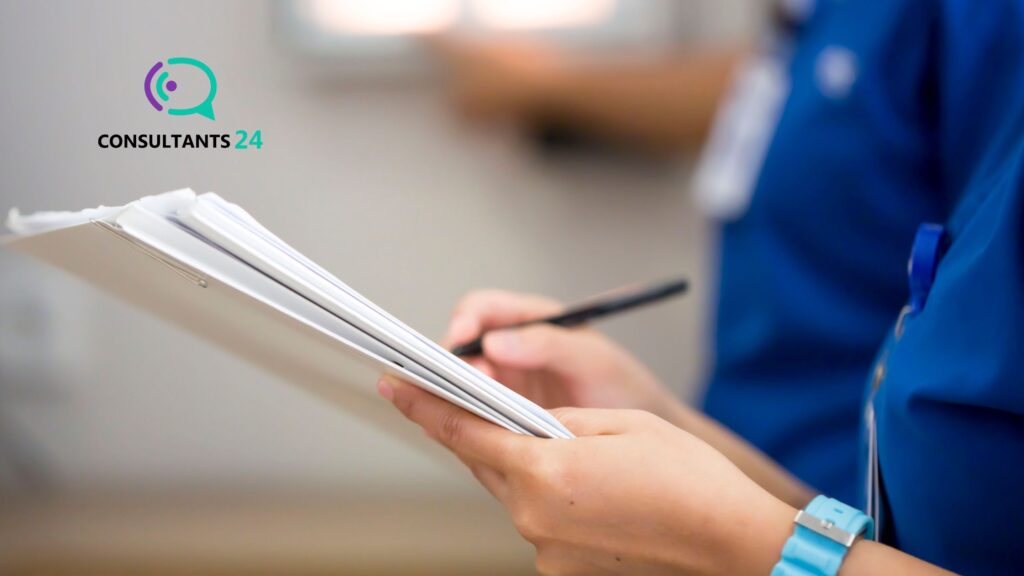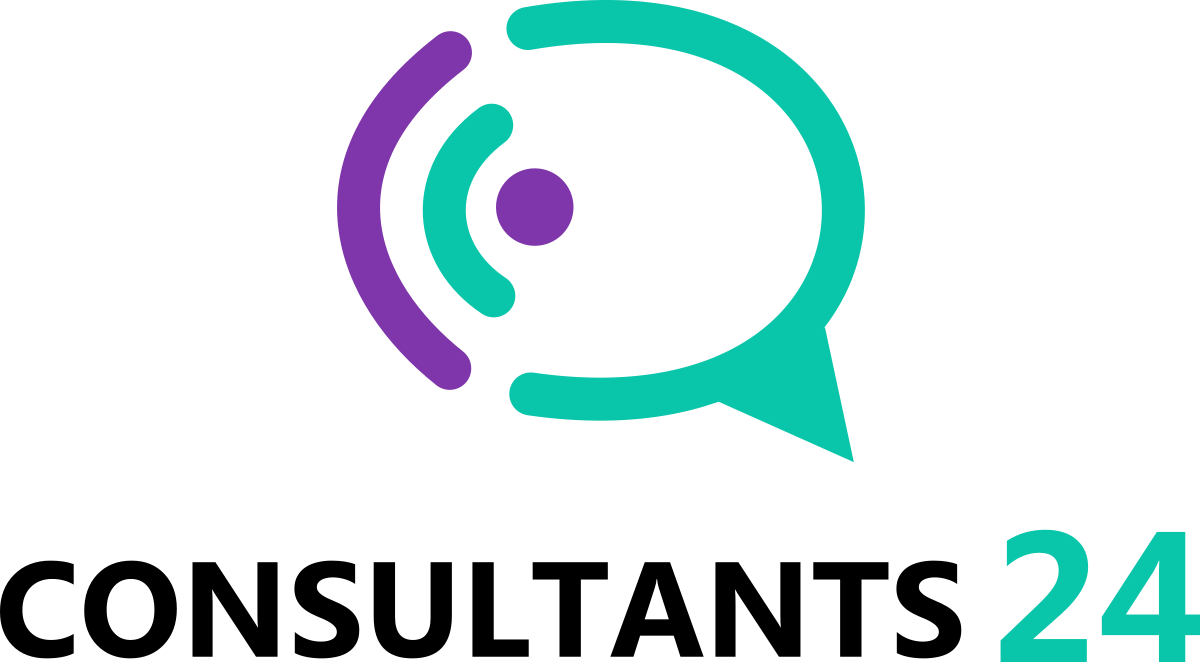Are you fully compliant with current medication regulations?

As the landscape of adult social care continues to evolve, ensuring medication compliance remains a major concern for care providers across the UK. The Care Quality Commission (CQC) has set stringent guidelines to ensure that all care facilities maintain high standards of safety, effectiveness, and compassionate care in their medication management practices. This blog aims to highlight the key areas of focus from the CQC’s latest guidance and how care providers can achieve and maintain compliance.
Good Governance of Medicines
Effective governance systems are crucial in providing safe and effective care and treatment. Care providers must have robust policies and procedures to manage medications, ensuring that all staff understand their roles and responsibilities. Good governance encompasses not only the administration of medicines but also the documentation, review, and audit processes that underpin high-quality care.
Transition to Electronic Medicines Administration Records (eMAR)
While some facilities still rely on paper-based records, the shift towards electronic Medicines Administration Records (eMAR) is becoming increasingly necessary. The CQC highlights that good quality records are essential for safe, effective, and compassionate care. Electronic records ensure that the right information is communicated clearly and promptly, reducing the risk of errors and enhancing patient outcomes.

National Patient Safety Alerts
Care providers must stay updated with National Patient Safety Alerts and ensure that these are acted upon promptly. This involves reviewing and implementing changes to practices and procedures as required, ensuring that all staff are aware of any new safety concerns and how to address them. To receive emails with alerts, recalls and safety information about drugs and medical devices you can subscribe here.
Collaboration with External Healthcare Professionals
Regular reviews with healthcare professionals such as GPs, pharmacists, SALT team, and community nurses are vital for maintaining optimal medication management. These reviews should be documented meticulously, ensuring that all decisions and actions are clearly recorded and communicated to the relevant parties. This collaborative approach helps in delivering person-centred care that aligns with the latest medical advice and patient preferences.
Person-Centred Medicines Care Plans
Every individual receiving support with their medications should have a personalised medicines care plan. This plan should detail how the person prefers to take their medication and any specific needs they have. Person-centred care plans are crucial for ensuring that the individual’s wishes are respected and that their care is tailored to their unique circumstances.
Appropriate Use of Psychotropic Medicines
The use of psychotropic medicines in adult social care must be carefully monitored and documented. Care providers need to know how to report inappropriate usage and should work closely with GPs to manage these medications effectively. The STOMP (Stopping Over-Medication of People with a Learning Disability, Autism or Both) initiative is a key part of this effort, promoting the reduction of unnecessary psychotropic medication.
Regular Review and Auditing of Medication Records
Medicines administration records must be regularly checked and audited to ensure accuracy and completeness. Any errors should be promptly reported and addressed. Regular audits help in maintaining high standards and providing evidence of compliance with CQC regulations. The knowledge of the person that carries out the medication audit is vital.

Safe Management of Vaccines
Vaccines must be managed safely and effectively, with regular updates to ensure all staff are informed about current vaccination protocols. Proper vaccine management is essential for protecting the health of both staff and residents.
Staff Training and Competency in Medicines Administration
Care workers administering medications must be appropriately trained and competent. Regular training sessions and competency assessments ensure that staff are equipped to handle medications safely. This includes understanding the risks associated with handling sharps and managing medications when residents are away from the care setting. You can explore online and face to face courses here.
Handling of Sharps
Proper handling and disposal of sharps are critical to prevent injuries and infections. Staff should be trained to manage sharps safely and understand the associated risks.
Managing Medication During Absences
When residents are away from their usual care setting, it is important to have clear procedures in place for administering medications. This ensures continuity of care and minimises the risk of missed doses or errors.
Use of Thickeners and Management of Diabetes
Care providers must have clear guidelines for the use of thickeners and the management of diabetes. These conditions require careful documentation, monitoring and management to ensure the safety and well-being of residents.
Controlled Drugs Management
Maintaining accurate records for controlled drugs is a legal requirement. Providers must have a detailed policy or standard operating procedure covering the ordering, storing, administering, recording, and disposal of controlled drugs. Regular audits and reviews help ensure compliance with these stringent requirements.
Comprehensive Medication Audits
To assist care providers in meeting these complex requirements, our comprehensive medication audits cover all aspects of medication management. Conducted by our specialist pharmacists, these audits provide a thorough review of practices and procedures, ensuring they align with CQC regulations and best practices. Key areas covered in our audits include:
• Self-administered medicines
• “When required” medicines
• Time-sensitive medications
• Over-the-counter medicines and homely remedies
• End-of-life care planning and medicines optimisation
• Disposal of medicines
• Covert administration of medicines
• External medicines
• Medicines reconciliation
• Storage of medicines, including in fridges
• Administration and handling of medication
• Documentation and recording
• Controlled drugs management
• Medication for day trips and social leave
• Reporting of medication errors and incidents
Our pharmacists bring extensive knowledge and experience in medication handling and administration, enabling them to understand the specific challenges faced by your organisation. After completing the audit, we provide a comprehensive report with action points to address any identified shortfalls. Follow-up visits are available if needed to ensure continuous improvement.
Staying compliant with CQC medication regulations is an ongoing process that requires diligence, regular reviews, and a commitment to best practices. By focusing on the areas highlighted by the CQC and utilising comprehensive medication audits, care providers can ensure they are providing the highest standard of care. Ultimately, this commitment to compliance not only meets regulatory requirements but also significantly enhances the safety and well-being of the individuals in their care.
